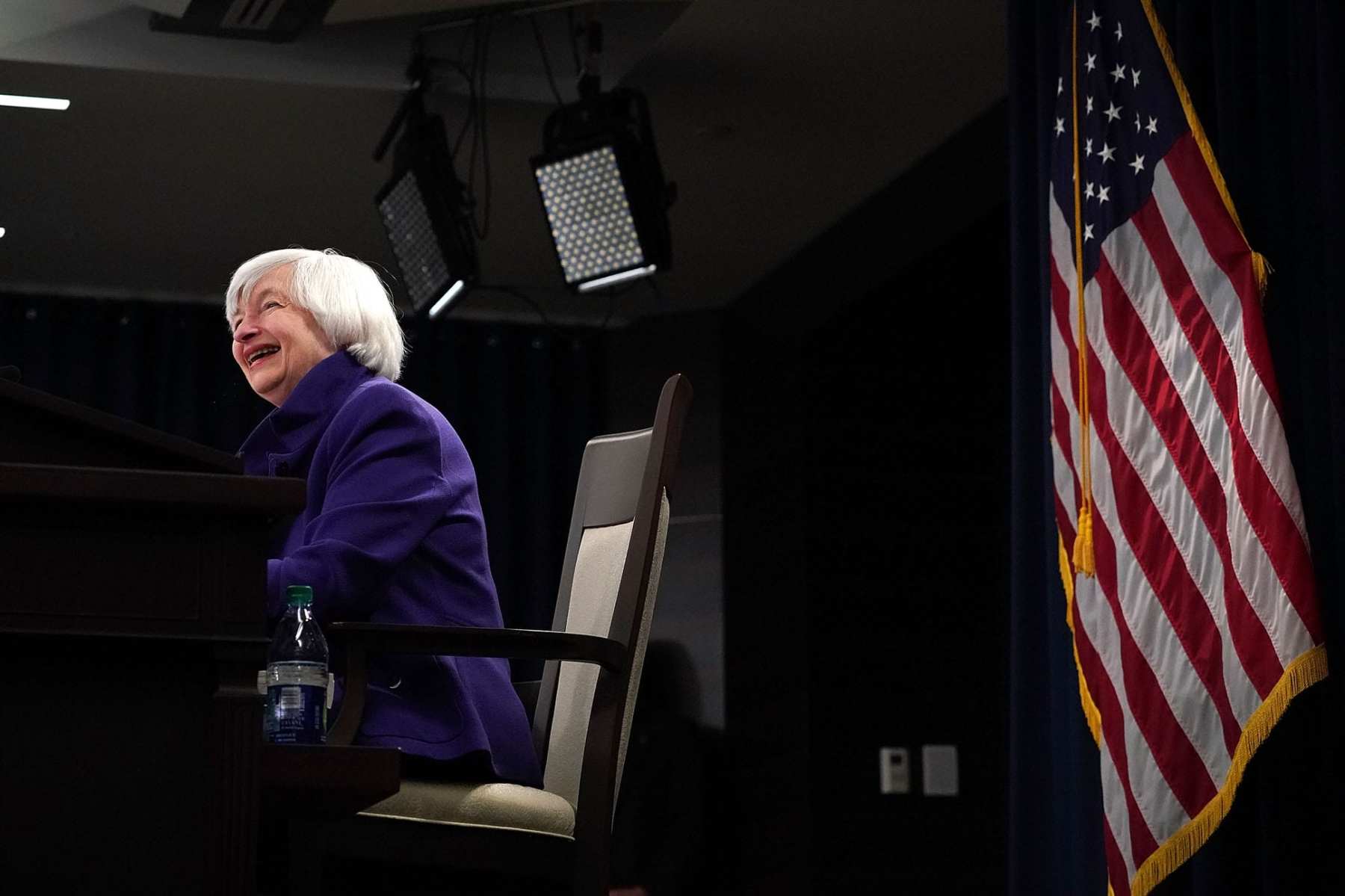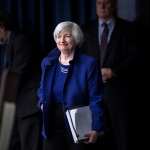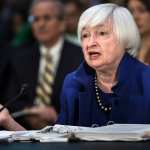President-elect Joe Biden reportedly plans to nominate former Federal Reserve chair Janet Yellen to be his administration’s Treasury secretary, making her the first woman to vie for the role after 231 years of White men holding the post.
The news, which the Wall Street Journal broke on Monday afternoon, comes after the Biden team announced several cabinet nominations, including Avril Haines, the first woman to be selected to be director of national intelligence, and Linda Thomas-Greenfield, who Biden has chosen to be the U.S. ambassador to the United Nations.
Yellen’s selection has been heralded as a wise choice to gain the support and confirmation of the Senate, which is likely to be a Republican-led body; as a pick that will please Democrats across the spectrum; and an appointment that will demolish another long-standing gender barrier among the nation’s most consequential political positions.
If confirmed, Yellen would also be the first person in history — and the first woman — to have held the three most critical economic policymaking roles in the country: She was Fed chair from 2014 to 2018, chair of the White House Council of Economic Advisers under President Bill Clinton’s administration and, now, possibly Treasury secretary.
“It would be impossible to match her resume for experience in top positions of economic policy,” said William Spriggs, a professor at Howard University and a former assistant secretary for policy at the Department of Labor under the Barack Obama administration.
Yellen, 74, already broke another glass ceiling when she was appointed to chair the Federal Reserve by former President Barack Obama. A highly respected leader in the economics field, Yellen has been particularly distinguished for her work at the Fed advocating to reduce unemployment. She earned her doctorate from Yale University in 1971 — the only woman in her doctoral class.
For many female economists, the ascension of Yellen represents a milestone in the changing culture of the male-dominated economic world.
And it comes at a time of significant economic turbulence, in which women are suffering at disproportionately higher rates than men: A caregiving crisis has deepend, the economic recovery is unequal and rocky, and thousands of Americans are clamoring for additional stimulus dollars that are not likely to come in the next few weeks as conversations between current Treasury Secretary Steven Mnuchin, House Speaker Nancy Pelosi and Senate Majority Leader Mitch McConnell continue to stall out.
“There’s never been a time and circumstances where a female economist at the top of Treasury has been needed more than now,” said Diane Lim, an economist and author of the EconomistMom blog. “A female economist is going to naturally see the previously neglected and undervalued and under-supported parts of the economy best, just by being female and having lived her own experience.”
Heidi Hartmann, the founder of the Institute for Women’s Policy Research, was only a few years behind Yellen at Yale when she got her doctorate in economics. Yellen’s notes as a teacher’s assistant for Nobel laureate economist James Tobin were so well regarded, students like Hartmann kept them for many years.
“Yellen has not only studied women’s economic roles,” Hartmann said, “but argues that diversity among economic decision makers is key to forging good policies.”
In 2017, Yellen spoke directly to the need for easing the stresses on working women, in addition to the gender pay gap, arguing that failing to do so would “squander the potential of many of our citizens and incur a substantial loss to the productive capacity of our economy.”
A significant number of other women leaders are in talks for slots in several other Cabinet seats within the Biden administration, including Defense and Veteran’s Affairs, as well as several top economic advisory positions.
Beyond the significance of the nomination, Yellen rose to the top of the list of contenders for a skill set that will prove particularly important in the current economic climate, said Len Burman, co-founder of the nonpartisan think tank, the Urban-Brookings Tax Policy Center, and fellow at the Urban Institute.
“Her research on causes of unemployment and long-run implications is clearly relevant to the current moment. Her understanding of monetary policy and experience at the Fed will make her uniquely able to coordinate with Fed policy on responses to COVID and will facilitate communication with [current] Fed chair [Jerome] Powell,” Burman said. “…She will also be able to hold her own in debates within the economic policy making apparatus of the administration.”
Strong bipartisan cooperation is a stated priority of Biden’s, who will likely be tasked with navigating stimulus plans — as well as coronavirus response infrastructure — through a bitterly partisan atmosphere. The acute need to prioritize the economy makes the Treasury pick particularly important, especially if he wants someone to move quickly through confirmation and get started on a path to recovery.
Last week, Biden said he had chosen the person for the job, calling his pick someone who “will be accepted by all elements of the Democratic Party, from the progressive to the moderate coalitions.”
That seemed to rule out some other contenders for the position: progressive Sen. Elizabeth Warren; centrist Lael Brainard, who sits on the Federal Reserve Board of Governors; and Roger Ferguson, president of asset manager TIAA, the Teachers Insurance and Annuity Association of America-College Retirement Equities Fund, who has experience in both the private and public sector.
“[Yellen] is not coming from a string of positions on Wall Street, and so in the area of transparency, her resume is loud on public service and so will give reassurance she is less likely to be conflicted with the revolving door between Wall Street and its regulators and potential government benefactors,” Spriggs said.
He called her “a breath of fresh air.”





